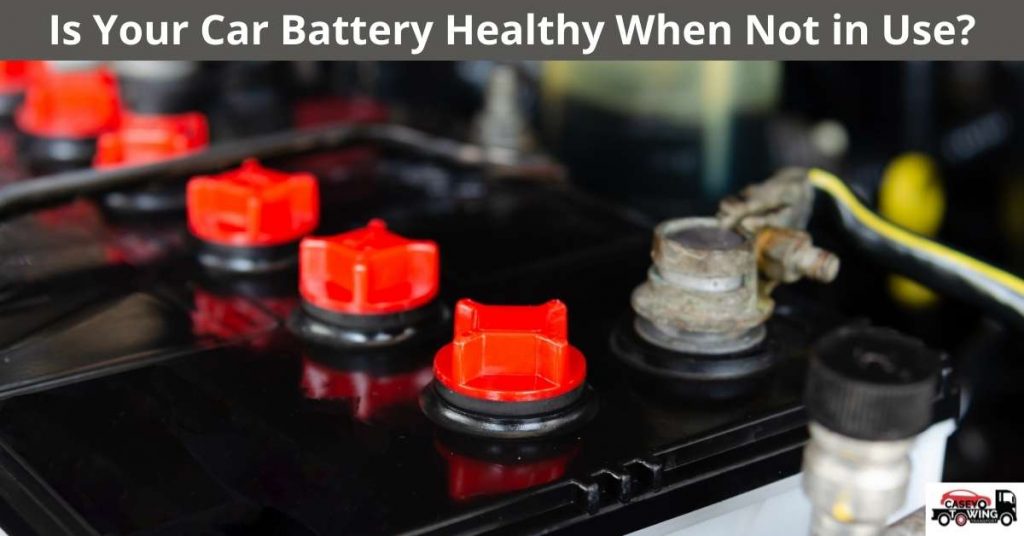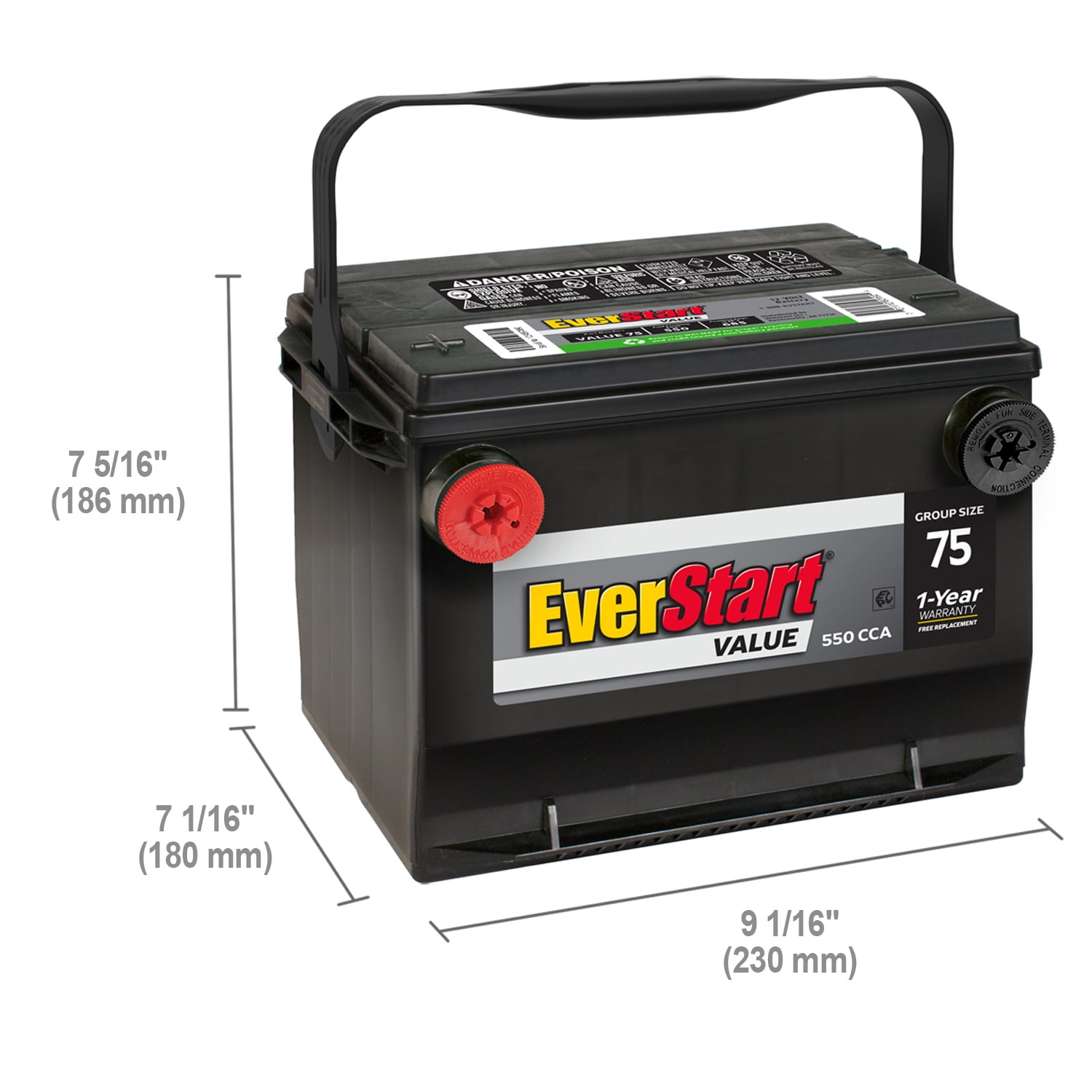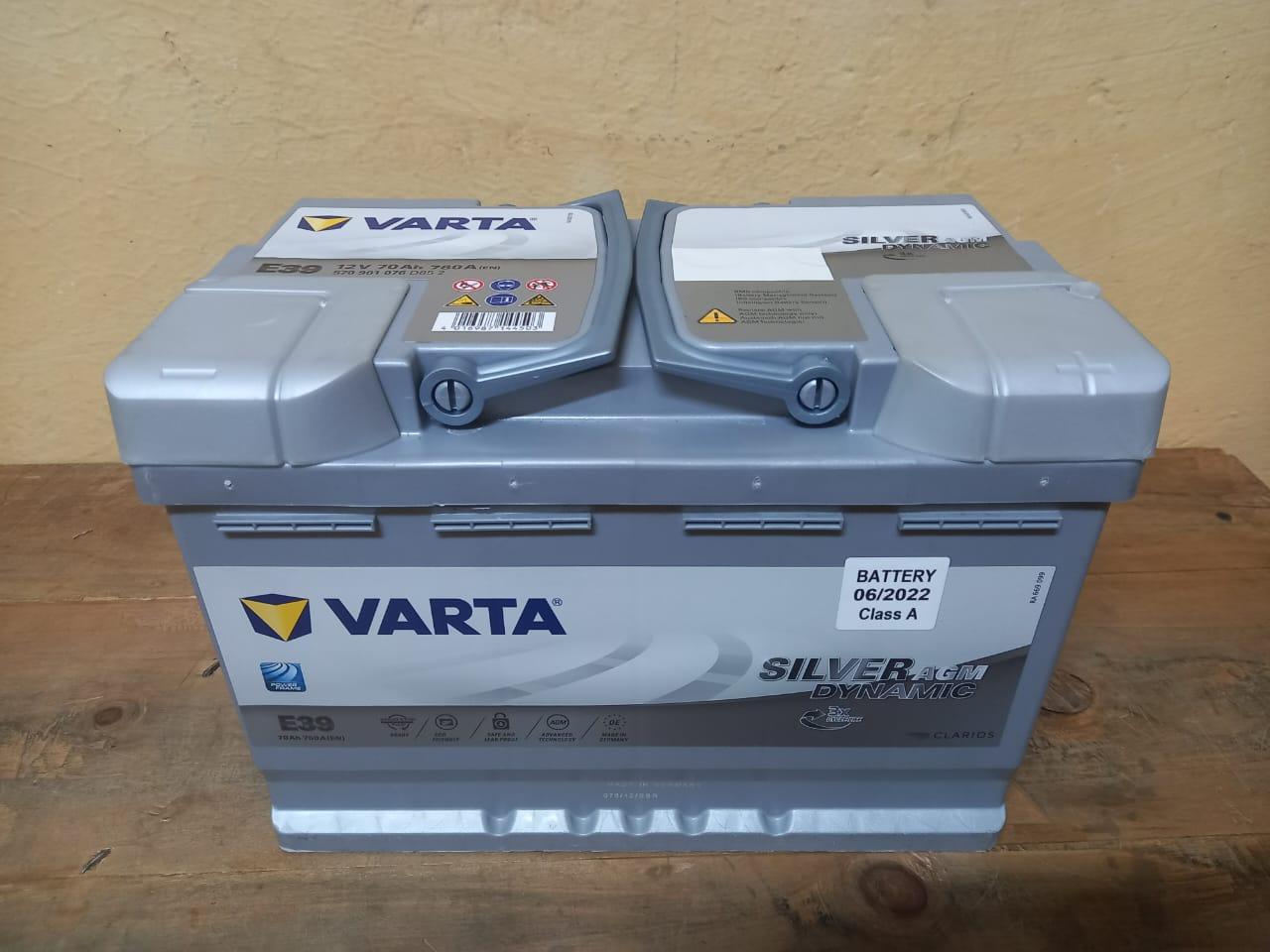Brilliant Strategies Of Info About Is 70 Car Battery Good

5 Tips To Keep Your Car Battery Alive GearShift YouTube
Decoding the Mystery
1. Understanding Battery Capacity
So, you're pondering the question: "Is 70 car battery good?" Well, the short answer is...it depends! Think of your car battery like the heart of your vehicle. It provides the initial jolt needed to get the engine purring (or roaring, depending on your engine's mood). The '70' you see on a car battery usually refers to its group size or its Cold Cranking Amps (CCA). We'll untangle that in a bit.
The crucial thing is matching the battery to your car's specific needs. Imagine trying to power a massive truck with a tiny battery designed for a compact car. It simply won't work, or at least, it won't work for long! Your car's manufacturer specifies a recommended battery size, often found in your owner's manual. This recommendation considers the engine size, electrical load, and even the climate you live in. Don't treat it like a suggestion; it's more like a polite command.
Let's dig deeper into what that "70" might signify. As mentioned, it often relates to a battery group size. Group sizes are standardized by the Battery Council International (BCI), ensuring batteries of the same group size have similar dimensions and terminal placements. A Group 70 battery might be a good fit for certain vehicles, but it's essential to consult your car's manual or a reliable mechanic to be sure.
Think of it like buying shoes. You wouldn't just grab a random pair and hope they fit, would you? You need the right size and style for your feet. Similarly, your car needs the right battery to function correctly. Ignoring the manufacturer's recommendations could lead to poor performance, frequent jump starts, and a shorter battery lifespan. Nobody wants that!

CCA
2. Why CCA Matters
Another possibility is that "70" refers to the battery's Cold Cranking Amps (CCA) rating. CCA measures the battery's ability to start your car in frigid temperatures (typically 0F or -18C). The higher the CCA, the better the battery can perform in cold weather. This is especially important if you live in a region where winter feels like an ice age.
If you reside in a warmer climate, a lower CCA rating might suffice. However, it's generally better to err on the side of higher CCA. A battery with more CCA will provide a more reliable start, even in moderate temperatures. It's like having a little extra muscle when you need it most. Better to have it and not need it than to need it and not have it!
So, how do you know if a CCA of 70 is "good?" Again, it's all about your car's specific requirements. Consult your owner's manual or a mechanic to determine the recommended CCA rating for your vehicle. If your car requires a CCA of 700, a battery with only 70 CCA simply won't cut it. You'll likely end up stranded in a parking lot, cursing the day you decided to skimp on battery power.
Consider it this way: CCA is like the engine displacement of your battery. More displacement (higher CCA) generally means more power. And who doesn't want more power? Just make sure that the CCA rating matches or exceeds the recommendation in your car's manual to ensure optimal performance, particularly during those frosty mornings.

Vehicle Type and Battery Suitability
3. Matching Battery to Vehicle Needs
Different vehicles have drastically different power requirements. A tiny hatchback needs a lot less juice than a burly pickup truck. That's why understanding your vehicle's specific needs is paramount when choosing a car battery. A battery suitable for one type of vehicle might be woefully inadequate for another.
For instance, if you drive a hybrid car, it might require a special type of battery designed to handle the unique demands of hybrid systems. These batteries often have different voltage and amperage requirements compared to traditional lead-acid batteries. Using the wrong type of battery in a hybrid car can damage the system and void your warranty. Ouch!
Even within the same vehicle category, battery requirements can vary. A luxury sedan with all the bells and whistles (heated seats, premium sound system, etc.) will likely need a more powerful battery than a base-model sedan with minimal electrical accessories. All those extra features draw power, putting a greater strain on the battery.
So, don't assume that any old battery will do. Take the time to research your vehicle's specific battery requirements and choose a battery that meets or exceeds those specifications. It's a small investment that can save you a lot of headaches (and jump starts) down the road. Think of it as preventative maintenance for your electrical system.

Car Battery Voltage Chart
Lifespan Expectations
4. How Long Should a Battery Last?
Car batteries don't last forever. Eventually, they'll succumb to the relentless wear and tear of starting your engine, powering your accessories, and enduring extreme temperatures. The typical lifespan of a car battery is around 3 to 5 years, but this can vary depending on several factors.
One major factor is climate. Extreme heat and cold can significantly shorten a battery's lifespan. Heat accelerates corrosion inside the battery, while cold reduces its ability to hold a charge. If you live in a region with scorching summers or frigid winters, you might need to replace your battery more frequently.
Another factor is your driving habits. Frequent short trips can prevent the battery from fully recharging, leading to a shorter lifespan. Long trips, on the other hand, allow the battery to fully charge, which can extend its lifespan. Think of it like exercising — regular use keeps it healthy, but overdoing it can wear it out.
Maintenance also plays a crucial role. Regularly checking the battery terminals for corrosion and keeping them clean can help prevent premature failure. Also, avoid leaving your headlights or accessories on when the engine is off, as this can drain the battery. A little bit of maintenance can go a long way in extending your battery's lifespan and preventing unexpected breakdowns. Nobody wants a flat battery in the middle of nowhere!

Making the Right Choice for Your Car
5. Key Takeaways
So, circling back to our initial question: "Is 70 car battery good?" The answer is still a resounding "it depends!" Don't focus solely on the "70" number. Instead, consider your car's specific requirements, the CCA rating, the battery group size, and the climate you live in.
The best way to ensure you're choosing the right battery is to consult your owner's manual or a trusted mechanic. They can provide personalized recommendations based on your vehicle's make, model, and year. They can also help you assess your driving habits and climate to determine the ideal battery for your needs.
Remember, a car battery is an investment in your vehicle's reliability and performance. Choosing the right battery can prevent breakdowns, extend your car's lifespan, and give you peace of mind knowing that you can start your engine every time, no matter the weather. It's like having a reliable friend who's always there to help you get going.
Ultimately, selecting the perfect car battery is all about finding the right match. Do your research, ask for advice, and don't be afraid to spend a little extra for a quality battery. Your car (and your peace of mind) will thank you for it. After all, a happy car is a happy driver!

FAQ
6. Your Burning Battery Questions Answered
Still scratching your head about car batteries? No problem! Here are some frequently asked questions to shed some more light on the subject:
Q: How do I know if my car battery is dying?
A: Common signs of a dying car battery include slow engine cranking, dim headlights, warning lights on the dashboard, and the need for frequent jump starts. If you experience any of these symptoms, it's time to have your battery tested by a professional. Early detection can prevent you from getting stranded.Q: Can I install a car battery myself?
A: While it's possible to install a car battery yourself, it's generally recommended to have it done by a professional. Car batteries contain corrosive chemicals, and improper installation can damage your car's electrical system. Plus, many modern cars require specialized tools and procedures for battery replacement. Safety first!Q: What does CCA stand for?
A: CCA stands for Cold Cranking Amps. It's a measure of a battery's ability to start your car in cold temperatures. The higher the CCA, the better the battery can perform in cold weather. This rating is crucial for those who live in colder climates and want to ensure reliable starts even on the chilliest mornings.